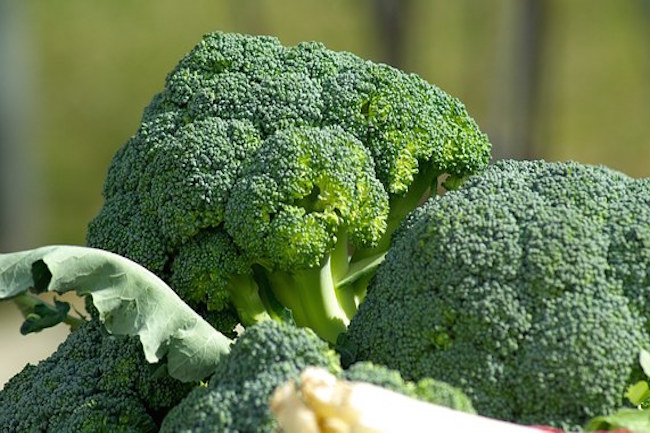Can You Clean Coronavirus Off Your Food? by Dr. Joseph Mercola for Mercola
Since the COVID-19 outbreak began, I’ve covered advice for how to effectively clean your hands and disinfect surfaces around your home, but what about food, like takeout and fresh produce? Could eating contaminated food cause you to contract the illness?
According to News Channel 8,1 Virginia police are “warning of a ‘disturbing trend’ after a group of teens were caught on camera coughing on produce at a grocery store, then posting it on social media.”
Shenanigans like this appears to be behind some of the fears and warnings about food contamination that are now in circulation. In a March 19, 2020, Facebook post, Purcellville police stated:2
“We are asking for parental assistance in monitoring your teenagers’ activities, as well as their social media posts to avoid the increase of any further such incidents.”
Conventional Food Safety Rules Apply
The good news is, evidence suggests there’s little cause for concern, provided you follow conventionally accepted food safety guidelines. As noted by the U.S. Food and Drug Administration:3
“Unlike foodborne gastrointestinal (GI) viruses like norovirus and hepatitis A that often make people ill through contaminated food, SARS-CoV-2, which causes COVID-19, is a virus that causes respiratory illness. Foodborne exposure to this virus is not known to be a route of transmission.”
Similarly, in a March 14, 2020, article in The Atlantic,4 epidemiologist Stephen Morse from Columbia University noted that “cooked foods are unlikely to be a concern unless they get contaminated after cooking,” and that holds true even if the person preparing the food is ill.
The reason for that is because high heat kills most pathogens, including coronavirus. Ideally, a sick person would not be doing the cooking for others, but even if that were the case, or in cases where you might not know you’re a carrier, the sensible thing to do is to make sure you don’t cough or sneeze on or near the food.
In “Food Safety and Coronavirus: A Comprehensive Guide,”5 J. Kenji Lopez-Alt, chief culinary adviser for Serious Eats, answers a range of food safety related questions based on what is currently known. Importantly, there is (as of yet) no evidence of transmission of COVID-19 via food or food packaging, according to the FDA.6,7
Food Packaging Is Not a Suspected Disease Vector
While preliminary findings suggest the virus can remain viable on cardboard for up to 24 hours, and stainless steel or plastic for as long as three days,8 if we are to believe the CDC,9 the risk of contracting COVID-19 by touching contaminated surfaces and then touching your eyes, mouth or nose is minimal — at least far lower than droplet infection (meaning you inhale the airborne virus).
“It may be possible that a person can get COVID-19 by touching a surface or object that has the virus on it and then touching their own mouth, nose, or possibly their eyes, but this is not thought to be the main way the virus spreads,” the CDC notes.10
As suggested by Lopez-Alt,11 a sensible way to minimize any risk associated with contaminated food packages, however potentially small, would be to transfer the food to a clean container and wash your hands with soap and water for 20 seconds after discarding the original container.




